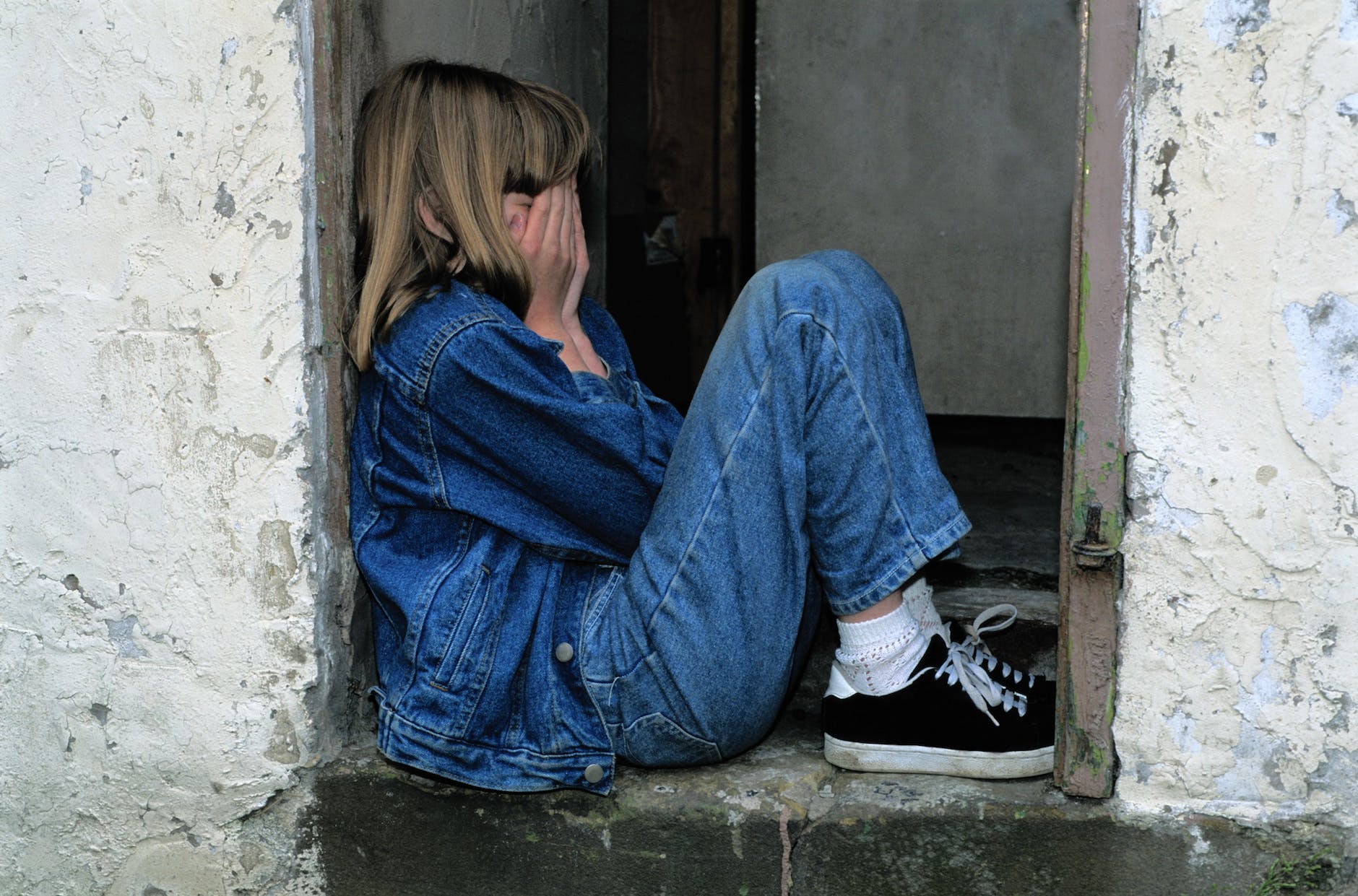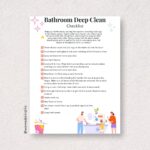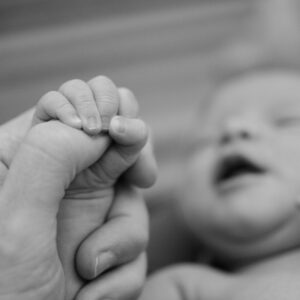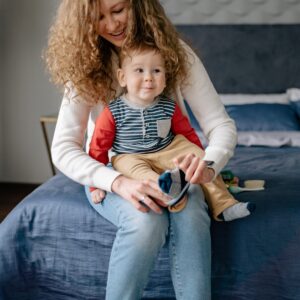
Emotional abuse can be a hard thing to detect. This goes especially if the target of the abuse is a child, since children are less capable of identifying the problem and speaking up.
By equipping ourselves with the right knowledge, we can spot the symptoms – and, in many cases, intervene to protect the victim.

What is emotional abuse?
We can define emotional abuse as a sustained spell of emotional mistreatment. It might involve deliberate, targeted criticism, intimidation, or belittling. According to the NSPCC, the definition of abuse is broader than many parents might suspect, and encompasses things like ignoring a child persistently, or failing to congratulate them on success.
Emotional abuse tends to coincide with other kinds of abuse, though it can also happen in isolation.
How does emotional abuse affect children?
Emotional abuse can have a lasting impact on the child concerned. It can often be as hurtful as physical abuse – and in many cases, more so, because its effects are less conspicuous and can go undetected and untreated for much longer.
In many cases, emotional abuse can result in mental disorders. The victim might have trouble forming healthy habits, even much later in life.
How to recognise emotional abuse
There are a number of signs to watch out for.
Eating disorders, sleeping disorders, speech disorders, anxiety and phobias can all stem from an experience of abuse. Children might develop coping strategies, like rocking, thumb-sucking, or self-harm. Often, early sexual behaviour is a sign that abuse has occurred.
Note that there’s no ‘smoking gun’ here: we can’t infer that emotional abuse has taken place purely on the basis of any of the symptoms we’ve touched upon here. What we can do is investigate further.
Early intervention is essential. While legal action can take place after the fact, often the damage inflicted goes beyond what the courts can remedy. Brain injury claims, for example, rarely undo the damage caused by brain injury.
How to protect children from emotional abuse
The good news is that we’re not powerless to prevent emotional abuse. It’s important to:
Reinforce to children that they are not to blame for anything that might be happening. Encourage them to come forward, and when they confide in you, take them seriously.
You don’t need to confront the alleged abuser. Doing so will probably do more harm than good. What you should do is report the abuse to the NSPCC’s helpline, or to their email address.
While children from any background might fall victim to emotional abuse, it’s fair to say that certain situations increase the risk. If the family is under financial or emotional strain, then children might find themselves targeted as scapegoats. Children from deprived backgrounds, similarly, are at greater risk. During an economic downturn, we see more of this – which is why vigilance is important.


















Leave a Reply